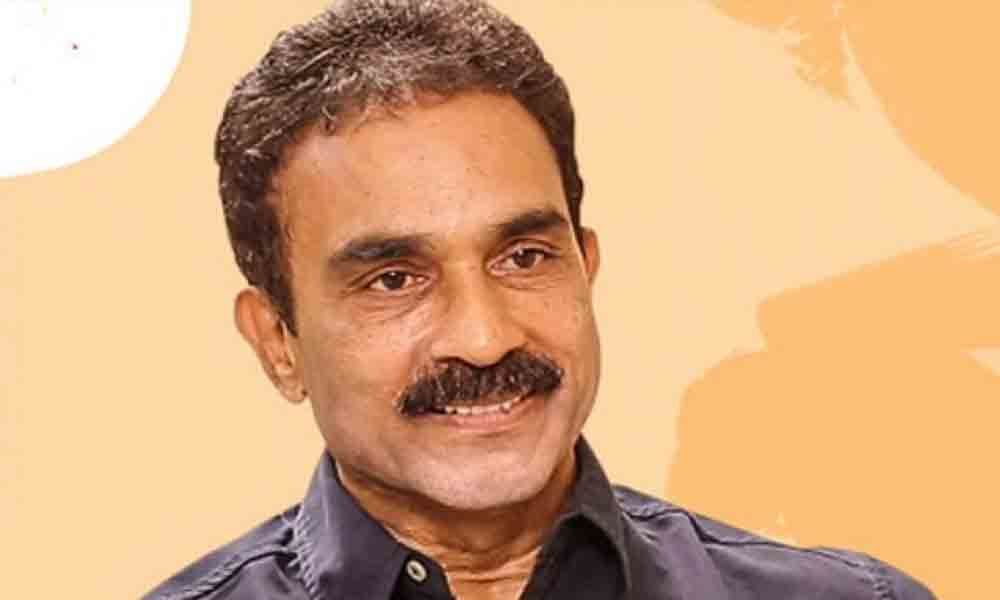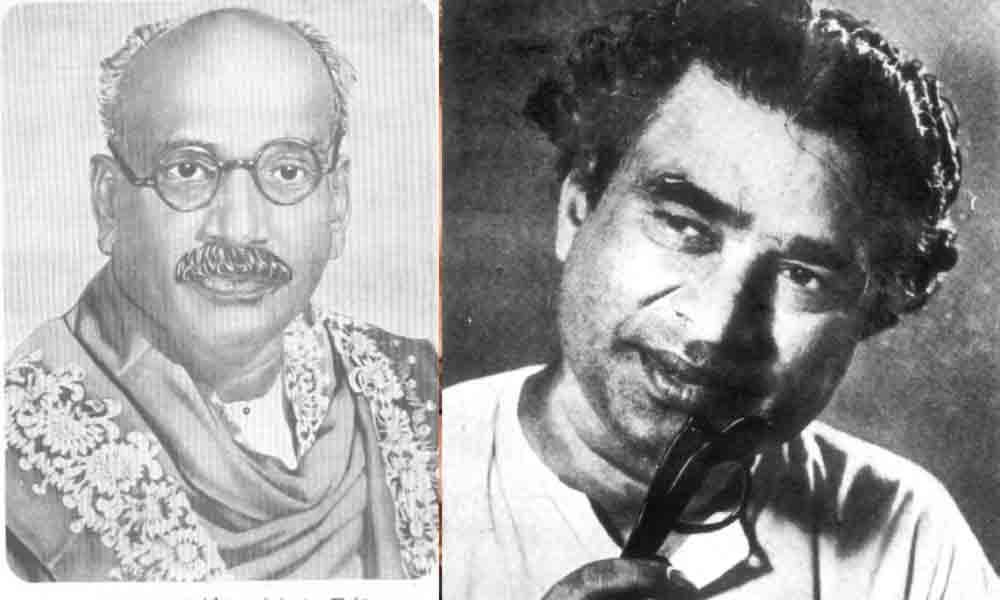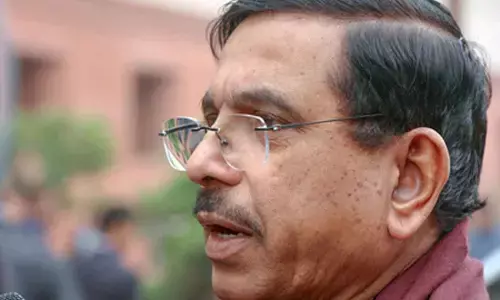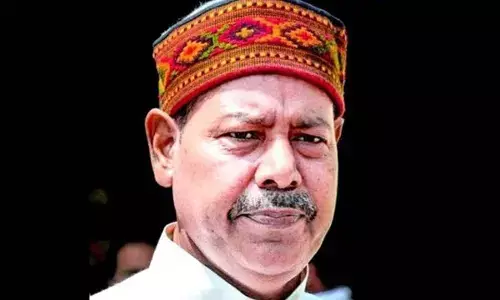A chronicle of lives & times
Actor and documentary filmmaker Tripuraneni Saichand in his book pens anecdotes from his life, film days, his return to celluloid after a gap of 25 years, travels and interaction with various people…
Built on the hazy memory of childhood, a mosaic of recollections of contemporaries and a collection of literary work that has outlived its creators 'Care of' by Tripuraneni Saichand is the celebration of a legacy replete with pride and remorse. The author is filled with pride like most people of the Telugu States familiar with the yeoman literary contribution and social reform taken up with fearless conviction by his grandfather Tripuraneni Ramaswami Chowdary and father Tripuraneni Gopichand considered stalwarts and giants of literature that impacted social change. The pain of losing his father when he was a mere child and learning about him through his literary endeavours comes across poignantly here as he sketches his life and achievements not from direct observation but from information pieced together from different sources. Tripuraneni Ramaswamy Chowdary popularly known as 'Kaviraju' (King among poets) was a lawyer, poet, playwright, reformer and freedom fighter who introduced rational thought and humanism as the highest virtue through his works. Details of his grandfather's life and works, that included the famous 'Karempudi Kathanam', 'Kurukshetra Sanrgramam' and 'Sutapuranam' among many others, and his belief system, are full of reverence and adulation for a larger than life figure. Songs like 'Veergandhamu Techinaaramu' written during the salt satyagraha which is part of a rich body of work find mention along with personal anecdotes from his life in this book.
Tracing various forms of prose writing like short and long stories, novels, novellas, plays, essays, philosophical expositions and social and political critique of his father Tripuraneni Gopichand, the author brings alive his persona. His novel 'Asamarthuni Jeevayatra' (The journey of an incompetent person) alone is enough to unravel the genius of this writer, Saichand proclaims of the novel which is said to be the most read one in Telugu having undergone several reprints. The title of the book 'Care of' reveals in many ways the manner in which the writer remains in awe of his legacy deriving, identity, inspiration, and his life's learning from it and moving forward sheathed in this comfort. As he talks of the tragedy of losing both his parents and maternal grandfather in a short span, his schooling in the caste and religion-free haven of the school established by the famous reformer 'Gora' (Goparaju Ramachandra Rao) in Vijayawada, his growing years in the Narayanaguda house that he calls 'Little Paris' and his foray into acting and documentary films the writer displays his unending fascination for the past. Interestingly, he mentions the names of two 'Gopichands', the ace badminton player and coach, Pullela Gopichand and the actor Gopichand who were given these names by parents and grandparents who admired his father.
Anecdotes from his film days, his return to celluloid after a gap of 25 years, travels and interaction with various people complete this book which reads like a diary of events that invariably connect everything to his past legacy. While the narrative, in the beginning, has a leisurely pace those relating to the part where he talks about the various documentaries on well-known personalities seems hurried and crammed with individual histories. What comes across in this work is not a literary accomplishment but the honesty of the author, who chose acting and documentary making as his medium of communication. It is a chronicle of lives and times that ever inspire lovers of literature who believe that it is a vehicle of change.






